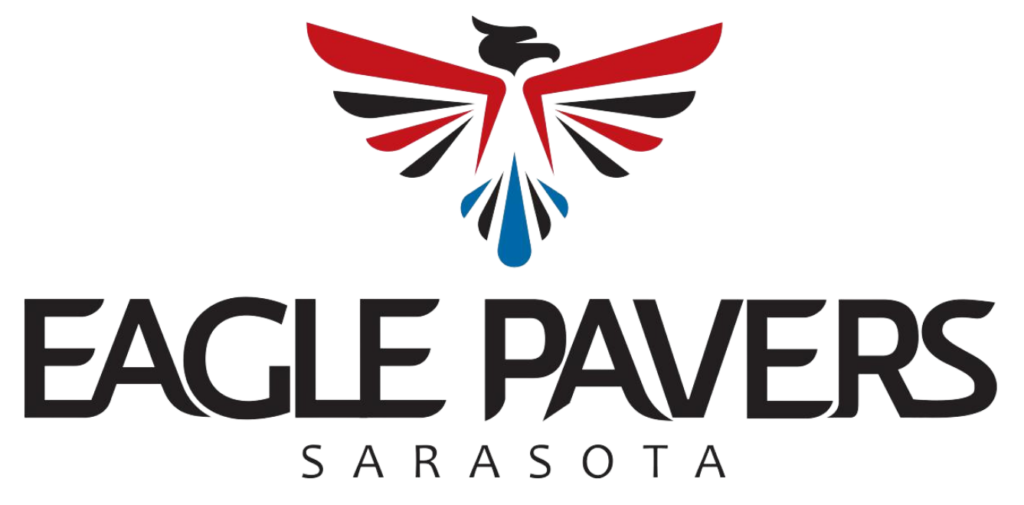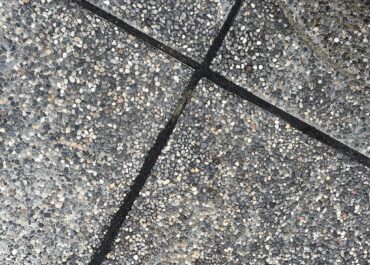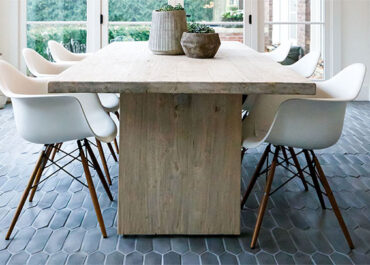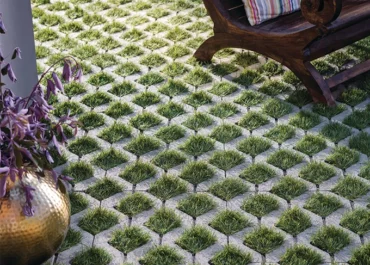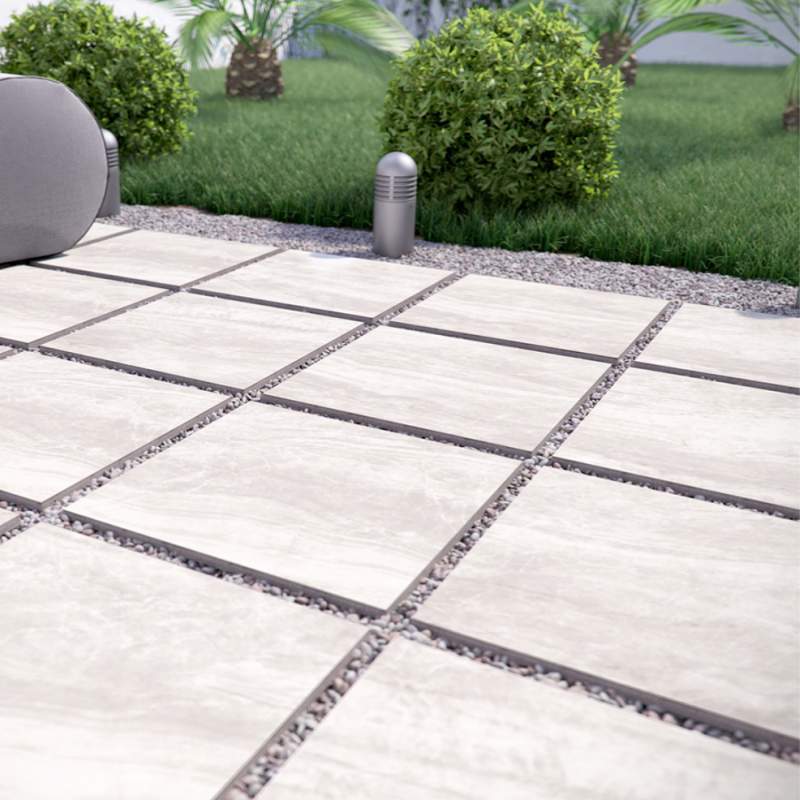
If you aren’t aware, porcelain pavers are the hottest new trend in the hardscape business. Professionals have known about the advantages of porcelain pavers for years, but only recently the material grew in homeowner’s hearts. So what is the cost of porcelain pavers per square foot?
Maybe you just found out porcelain can be used as a paving option. Maybe you have known for a while and only now decided to give it some serious thought. Either way, to really understand the cost of porcelain pavers, we have to talk about the difference between long term investment and short term investment in the hardscape world.
So let’s get right to it, so you can understand why porcelain pavers have become such a good option in recent years.
Cost of Porcelain Pavers Per square Foot: The King of Long Term Investment
Why do we refer to porcelain pavers as the king of long term investment?
Pavers should be made to last. Period.
Some types of pavers sacrifice durability to be cheaper right away. So, many times, the cheapest options will give you headaches way sooner than you expect, while you could pay a little more upfront to have a good product for years, even decades.
Porcelain is amongst those long last options. With a cost ranging from $7 to $15 per square foot, porcelain might be more expensive than the most traditional choices, but it pays off in the long rung due to its durability and easy maintenance.
Porcelain has another big advantage: it does not require sealing. It is a naturally non-porous material, which means it doesn’t absorb spills or water, making it impervious to stains and free-thaw cycles.
Just that aspect alone, makes porcelain pay itself out over the years, since with other paver options you would have to spend on sealing every three years or so. With porcelain, you’re free from the hassle of having to seal it, which saves you a ton of time and money.
Cleaning porcelain pavers couldn’t be simpler also. A simple sweep every week and a deep cleaning once every two months with warm water and mild dish soap, and you’re set. This is another advantage over some other paver materials that need special products or specific techniques to be properly cleaned.
So when you’re paying for porcelain pavers, you’re paying for all that practicality, durability and, of course, the aesthetic pristine quality that only porcelain can provide.
Buying Porcelain Pavers Per Square Foot
Like any other paver, porcelain is sold in a by square foot measure. But how do you make that conversion? How to know exactly how many pavers you’re going to need?
Well, to know that, you first need two things: the measurement of your installation and the measurement of your paver of choice.
So, let’s say you plan to perform a big installation on a 39 ft by 22 ft area. That area will end up being a 858 sq/ft paver patio. That is your first measurement.
Let’s say that, for that installation, you choose a beautiful 24″ x 24″ square porcelain paver. So each paver will cover approximately a 2 ft area.
Dividing the two values, 848 / 2, you’ll end up with a 424 value, which you’ll add 10%. That means you will need around 466 pavers to cover the whole 858 sq/ft area.
In most cases, however, pavers are sold in pallets with set measurements, so you’ll know beforehand how many square feet a pallet is capable of covering.
The following example is a table with the specifications for the Turin model of porcelain paver, manufactured by Belgard.
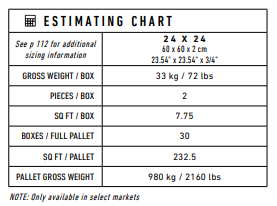
Why is Porcelain Such a Good Material for Pavers?
Porcelain it made with a specific set of minerals that, when submitted to the high pressure and temperature in which porcelain is cooked, undergoes a process called vitrification.
This vitrification creates a form of “glass coat” around the porcelain. This in what gives it its smooth finish and pristine look. Not only that, it also makes the finished product extremely resistant.
Porcelain is an excellent choice of material for a paver because it can be manufactured in two forms: standard thickness (which ranges from 8 mm to 10 mm) and outdoor thickness (20 mm).
That makes porcelain a good material to work with in every aspect, being often the material of choice in industry flooring and heavy vehicular traffic applications.
Professional Help With Porcelain Cost and Installation
One of the few downsides of porcelain in the difficulty of its installation. But that not really a downside, if you think about it.
One way or another, one of the best ways to ensure you’ll end up with a perfect paver installation, is to hire professional help. And if that is something you’ll end up doing one way or another, it cannot be considered a real downside of porcelain.
We here at Eagle Pavers, during our 14 years of activity, have provided porcelain pavers to countless installation with a high rate of satisfaction from our customers.
If you happen to be around the Sarasota and Manatee Counties, in FL, why not reach us to help you with your project?
Call us anytime at +1 941-210-4192 or email us at sales@eaglepavers.us. We would be happy to hear from you and help you with any paver supply need you might have.
